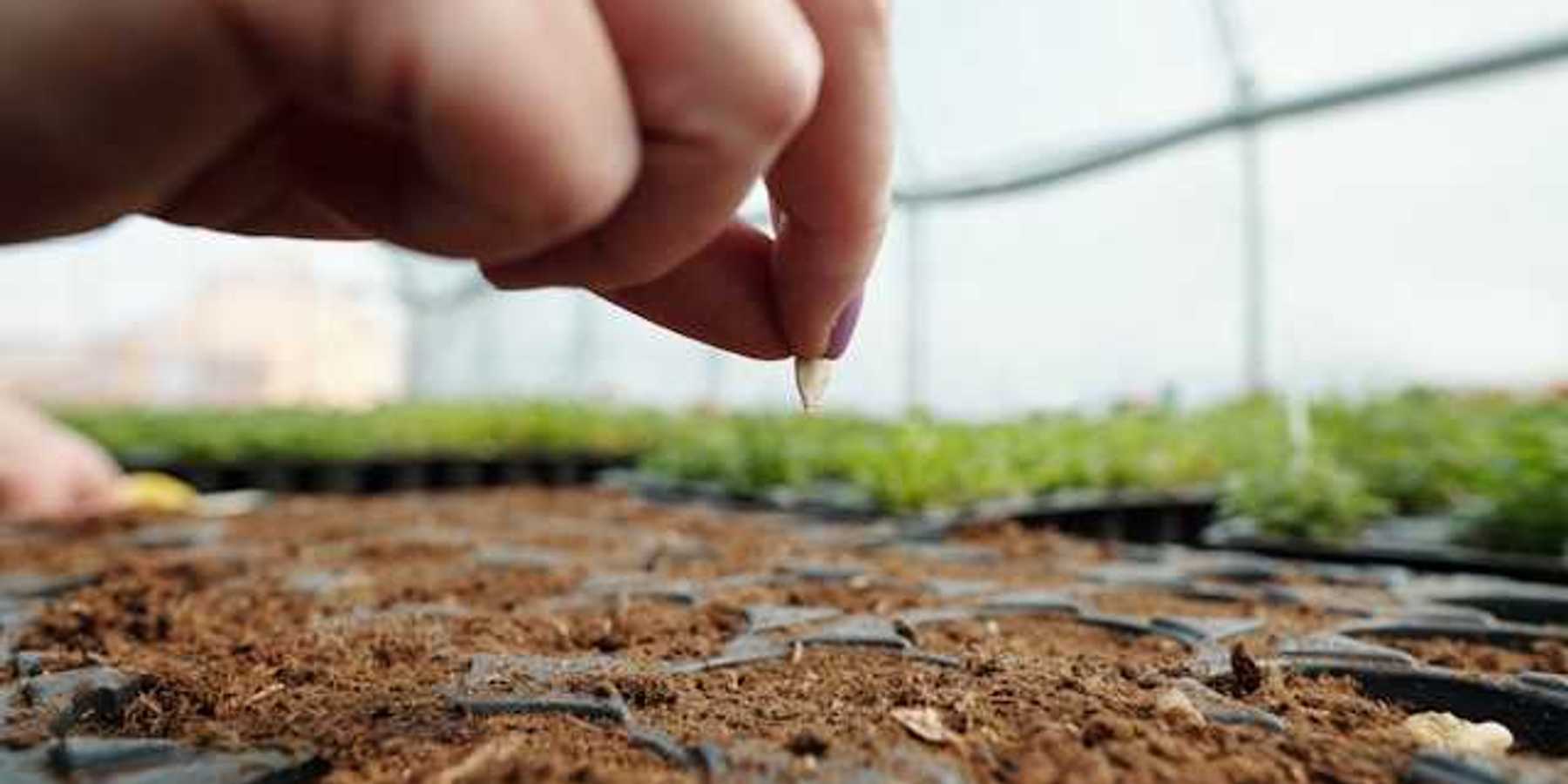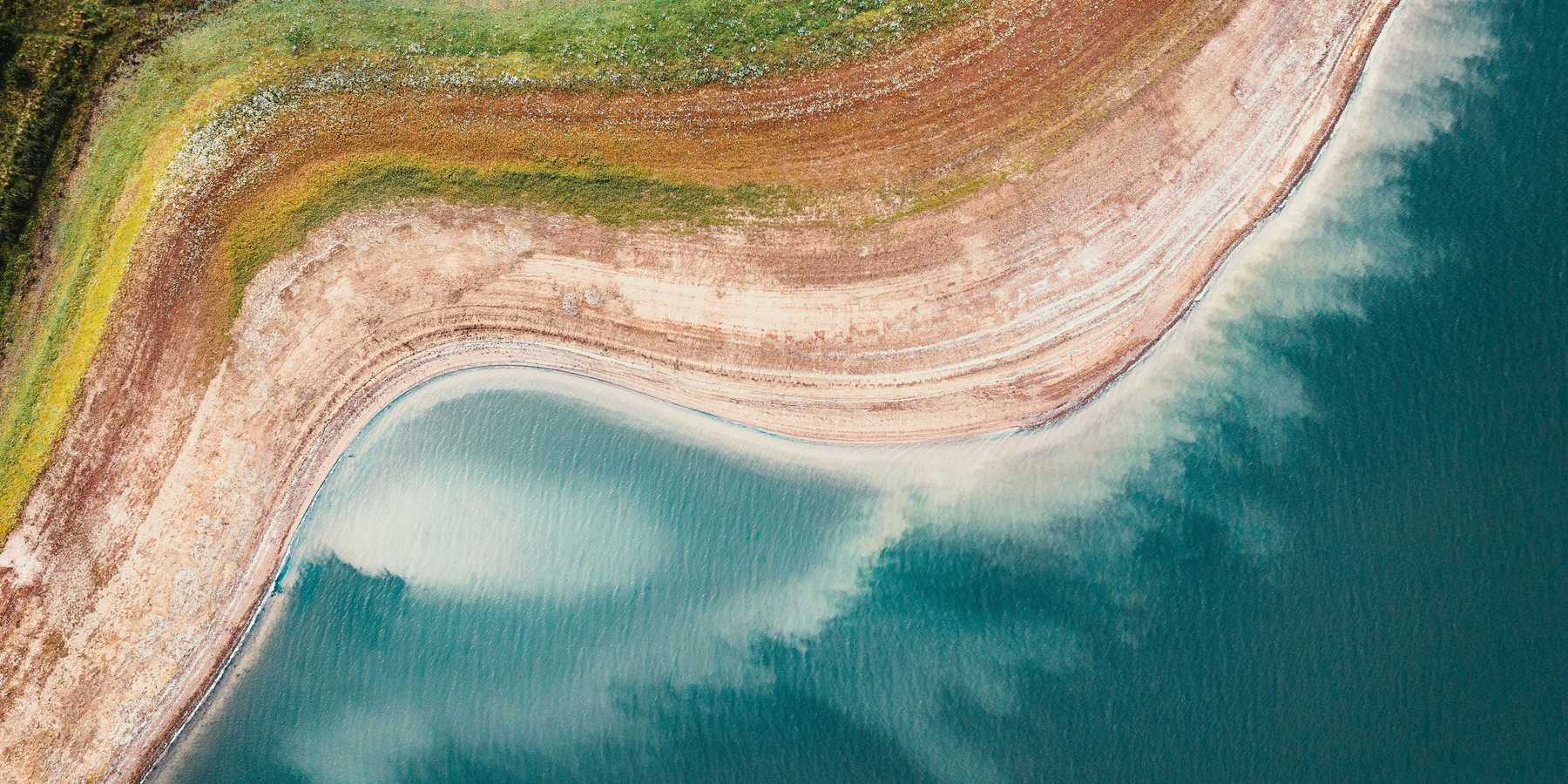Opinion: First thoughts on Trump-era science.
Stanford researchers Paul and Anne Ehrlich offer suggestions on coping in a world where science suddenly feels devalued.
Opinion: First thoughts on Trump-era science
Timothy A. Clary/Getty Imagines
Stanford researchers Paul and Anne Ehrlich offer suggestions on coping in a world where science suddenly feels devalued.
Nov. 22, 2016
by Paul R. Ehrlich and Anne H. Ehrlich
Environmental Health News
I
Anne & Paul Ehrlich
SYDNEY—Like virtually all people with interest in the functioning of human society, we've been thinking about the consequences of a Trump presidency. The results of the election were a shock but not a surprise.
We were in Britain shortly before the Brexit vote and saw the anger in some people (especially taxi drivers) at President Obama's attempt to persuade that nation to stay in the Union. At home we were treated to people expressing similar attitudes in support of Trump all through the long elections season. And we knew from an extensive literature that decision-making has a large emotional component.
Many people were clearly enraged at the "Hood Robin" efforts (stealing from the poor and lower middle class and giving to the rich) started by President Ronald Reagan and continued by subsequent administrations, with little attention to the plight of blue-collar Americans. That working-class Americans' blind hunger for change would drive them to fall in behind the first effective demagogue to come along, even a narcissistic sexual predator, a racist misogynist, and a climate denier to boot, was to be expected. Left unconsidered, apparently, is that Donald Trump, utterly ignorant of how the world works, seems certain to make the situation for them much worse than Hillary Clinton would have.
They wanted to strike back.
Trump's victory makes truly cooperative approaches ever more difficult and deprives society of much of the intellectual power it needs to deal with the existential threats civilization faces.Immediately, of course, Americans need to speak out about—and act to oppose—the permission the Trump campaign and victory has given to the haters in our society. Following their leader's example, champions of bullying, ignorance, racism, religious prejudice, misogyny, sexism, and xenophobia feel a new freedom to spread lies, verbal abuse, and physical violence.
They will make it ever more difficult for people and institutions attempting to find ways to soften a collapse of civilization that we fear is imminent, given the clear trends we're seeing across myriad branches of science. Trump's victory makes truly cooperative approaches ever more difficult and deprives society of much of the intellectual power it needs to deal with the existential threats civilization faces.
So, what to do about the longer term and those building threats? First, those concerned with the state of the world should face up to a likely further reduction in the odds of society changing toward sustainability. The job many of us have been trying to tackle—making the coming collapse less severe—has clearly become much harder.
We were hopeful that at least a partial recovery would be possible and that the worst impacts of our unsustainable ways could be averted. But today we fear there is close to no chance that Trump will take the obvious steps to improve the future for all Americans, even on parochial issues.
He will not institute more progressive tax policies or reduce the gigantic amounts of money wasted on the military. He wouldn't use the funds thus released to create jobs redesigning and rebuilding the nation's energy and other infrastructure or to provide programs such as single-payer health care that would really help the disaffected. His initial appointments indicate he has no idea how badly a President needs to be surrounded by bright, well-informed people with a common vision of the future that they want to build.
Courtesy of the White House
Where does Trump stand on the great global issues largely absent from political discourse? We see a growing risk of nuclear war, and on this point Trump seems even more dangerous than Clinton, hawk that she is. In the other interrelated symptoms of the looming civilizational collapse—climate disruption, global toxification, destruction of biodiversity and soils, increasing chances of pandemics, failing governance, and so on—Trump's statements (like bringing back the coal industry) suggest he will be a total disaster.
Of the most basic forces driving us toward destruction—increasing overpopulation and overconsumption, like most politicians and elite decision-makers—he is pig-ignorant.
He certainly will not dramatically promote the need for population shrinkage in the United States (a long-term project if we are to accomplish it humanely), or advocate reduction of consumption by the rich and substantial redistribution of wealth. When improving the condition of women globally is a sine qua non of tackling the horrendous problem of continuing population growth, he has shown himself to be a determined enemy of women.
The lack of understanding of basic science is appalling in many so-called "educated" people and is often dramatically displayed in the mainstream media.
As scientists, we're faced with the issue of what our community should do. It seems to us that we should focus on three areas in an attempt to soften the coming crash and make a partial recovery more possible.
The first is generating a thorough discussion of the probability of nuclear war and the likely consequences of both a "small" one and a global one. Few people seem to realize that with such things as "modernizing" the U.S. triad (Clinton) or encouraging proliferation (Trump), the odds of Armageddon will continue to increase beyond where they were during the Cold War. A nuclear war would trigger a global collapse from which recovery in any form would be near impossible.
Scientists and their organizations should speak out loud and clear on the dangers of a nuclear holocaust.
The second area of focus should be on inequity and redistribution, which will be critical to prepare humanity for dealing with the coming environmental collapse. A collapse will hit the poor hardest and fastest as continuing population expansions and consumption growth by the rich take us down.
Worse, it is likely to be accompanied by class warfare that may make any attempt at amelioration impossible. The scientific community must outgrow the foolish old idea that scientists should not advocate and end this reticence to speak frankly and directly on existential problems like overpopulation and overconsumption, governance of Earth's life-support systems, and inequity in general.
Scientists must, to paraphrase Garret Hardin, make clear that a "life-boat" philosophy among the rich, besides being unethical, is also suicidal. Having poked a hole in the bottom of the lifeboat of civilization, it is not prudent to announce to the poor "your end of the boat is sinking." Remember, there likely will be no post-collapse scientific community.
The third area of focus ought to be to work to bring universities into the 21st century. As the results of recent elections have shown, while most politicians have college educations, most are also hopelessly ignorant of how the world works. This leads to such things as climate denial, anti-evolution, belief in perpetual growth, and faith-based policies.
It is quite possible to graduate from Stanford—arguably one of the best universities in the world—without knowing anything of significance about the impacts of population growth, the second law of thermodynamics, ecosystem services, total fertility rates, how the climate works, externalities, exponential growth, the food system, the biology of race, nuclear winter, the limits to growth, Federalism, the history of fascism, or many other topics of critical importance to modern citizens.
The lack of understanding of basic science is appalling in many so-called "educated" people and is often dramatically displayed in the mainstream media.
Needless to say, much of the essential material should be taught pre-college, but the time to institute the changes and get a widespread improvement in the grasp of the crisis among the young is probably too short.
But it should be tried. Because a better understanding of the coupled social and ecological systems might help any young people who survive the end of civilization to avoid further mistakes in a post-collapse world.
Paul Ehrlich is the president of the Center for Conservation Biology and the Bing Professor of Population Studies at Stanford University. Anne Ehrlich is a senior research scientist and the associate director of the Center for Conservation Biology at Stanford. The two, who are married, have co-authored several books on overpopulation and ecology.
EHN welcomes republication of our stories, but we require that publications include the author's name and Environmental Health News at the top of the piece, along with a link back to EHN's version.
For questions or feedback about this piece, contact Brian Bienkowski at bbienkowski@ehn.org.













